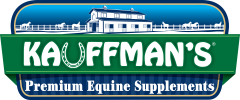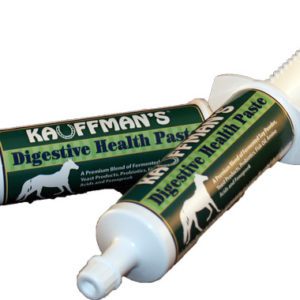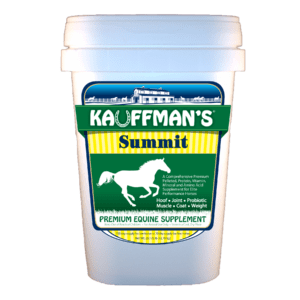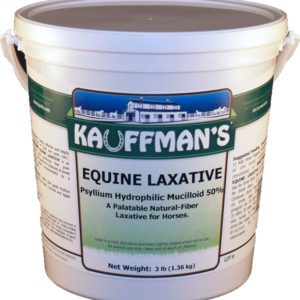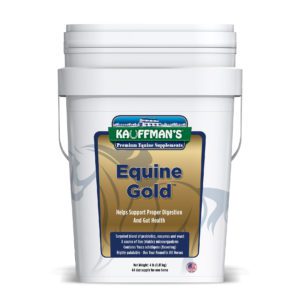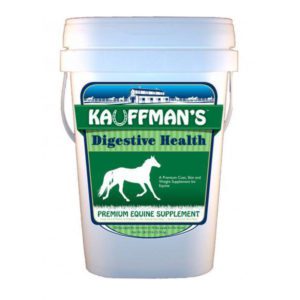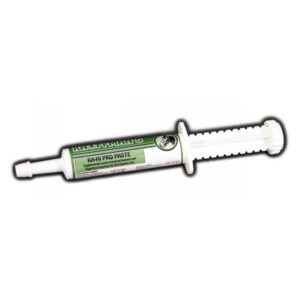Horse Digestive Issues
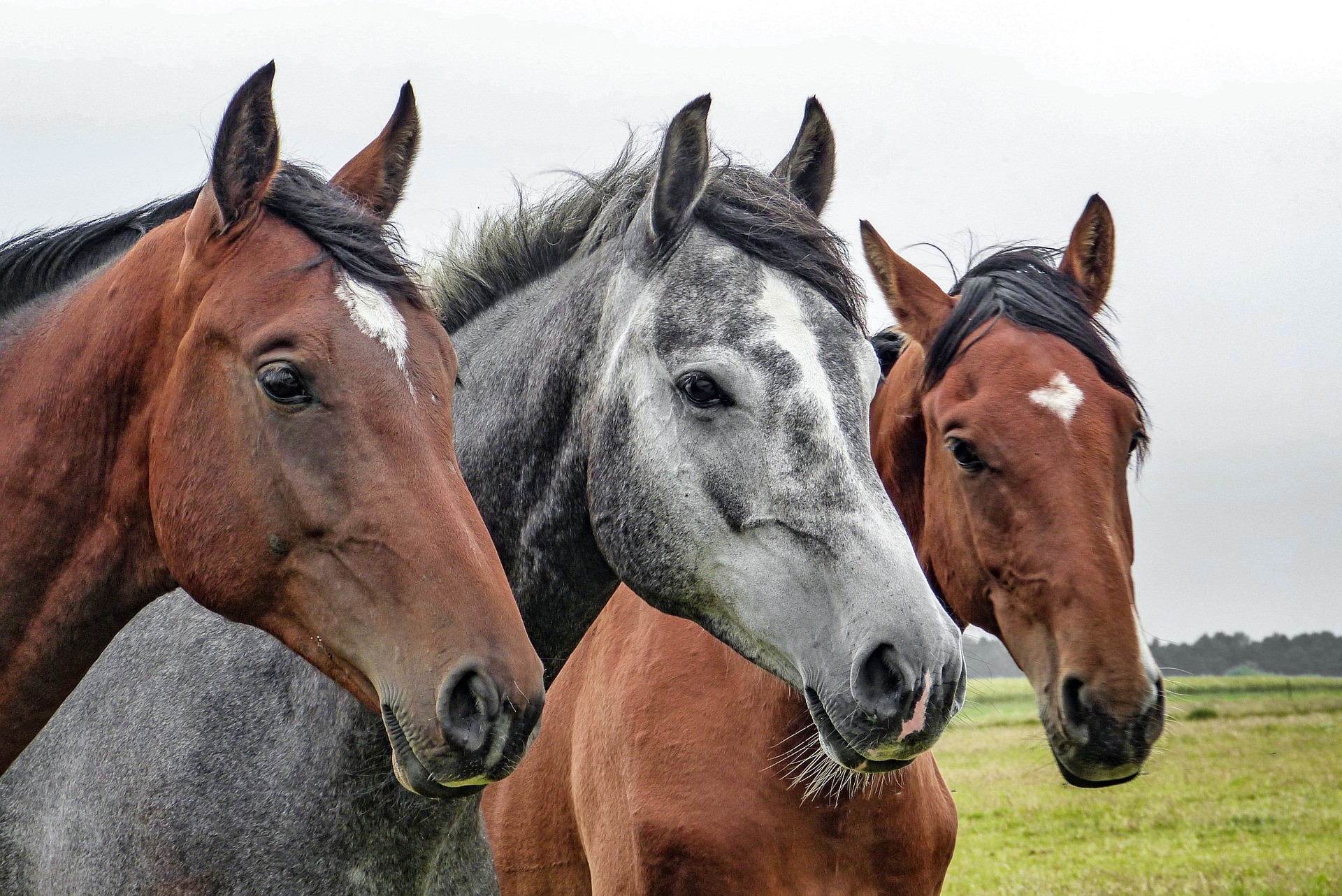
Wild horses rarely suffer digestive issues common to domesticated horses because they eat easily digested, natural forage and graze over 15 hours a day. Fibrous foods found growing in the wild provide most of a horse’s energy after fermenting in their hindgut. Seeds available in grasses are usually the only grains wild horses eat, which helps prevent colic, ulcers and other domesticated horse digestion problems. In addition, wild horses grazing constantly throughout the day always have small amounts of forage in their stomachs. This means acids needed to break down food remain at healthy levels in the horse’s digestive system, which keeps the digestive tract functioning normally.
Symptoms and Causes of Horse Digestion Problems
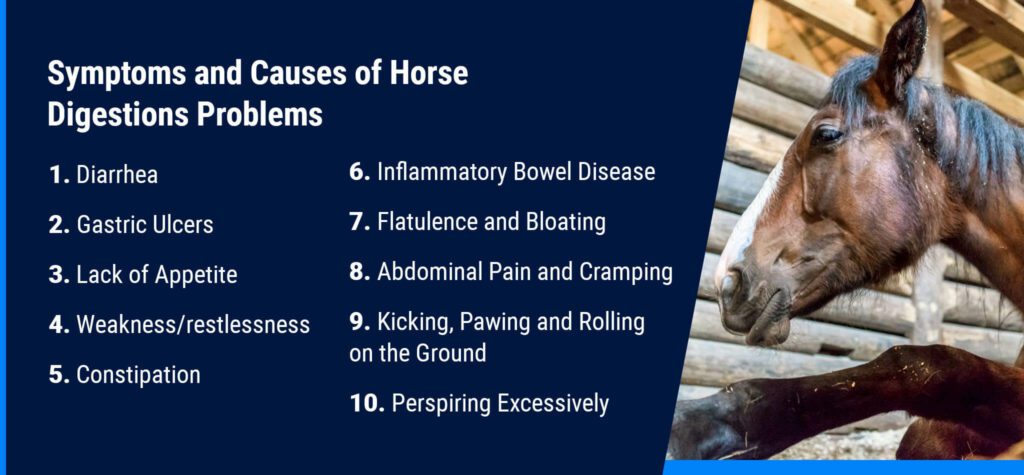
More sensitive to dietary changes than other domesticated animals, horses experience digestive irritation when they are given low-quality grains and hay or too much oats, corn or barley. Poor quality equine feed often causes allergic reactions in horses because they contain sugars. Diets high in sugar and grains can also interfere with immune system functioning and make the horse moody and irritable. Overeating and parasitic/bacterial/viral infections will also cause horse digestive problem symptoms such as:
- Diarrhea
- Gastric ulcers
- Lack of appetite
- Weakness and/or restlessness
- Constipation
- Inflammatory bowel disease
- Flatulence and bloating
- Abdominal pain and cramping
- Kicking, pawing and rolling on the ground
- Perspiring excessively
Colic is the most commonly diagnosed equine digestive disorder. Although a horse may suffer colic for no apparent reason, it typically emerges when a horse does not drink enough water, eat enough roughage or has untreated dental problems that prevent the horse from chewing food properly.
Signs of gas colic include anxiety, restlessness, sweating, gut pain and loud noises coming from the horse’s gut. Signs of impaction colic — when something is obstructing the intestines — include lack of appetite, lying down more than usual, impacted colon and producing no fecal matter. While gas colic is usually the result of an improper diet, impaction colic may be due to eating sand, having benign tumors in the gut or experiencing digestive tract stones.
Horse Digestive Supplements
-
 KAUFFMAN’S® Digestive Health Paste$16.89
KAUFFMAN’S® Digestive Health Paste$16.89 -
 KAUFFMAN’S® Summit$83.05 – $571.00
KAUFFMAN’S® Summit$83.05 – $571.00 -
 KAUFFMAN’S® Equine Laxative$44.99 – $115.99
KAUFFMAN’S® Equine Laxative$44.99 – $115.99 -
 KAUFFMAN’S® Equine Gold$40.15 – $196.40
KAUFFMAN’S® Equine Gold$40.15 – $196.40 -
 KAUFFMAN’S® Digestive Health$119.60 – $407.60
KAUFFMAN’S® Digestive Health$119.60 – $407.60 -
 KA-HI Pro Paste$9.62
KA-HI Pro Paste$9.62
Treating horse digestive problems involves optimizing diet, feeding the horse high-quality feed or seeking veterinary assistance in cases of severe infection. To boost and maintain equine digestive health, Kauffman’s horse digestion supplements provide the nutrients, fiber and fatty acids essential to your horse’s digestive and overall health. Call us today at 717-509-5724 or 1-800-992-3147 to learn more about our all-natural, high-quality supplements for horses, dogs, cows and llamas/alpacas.
